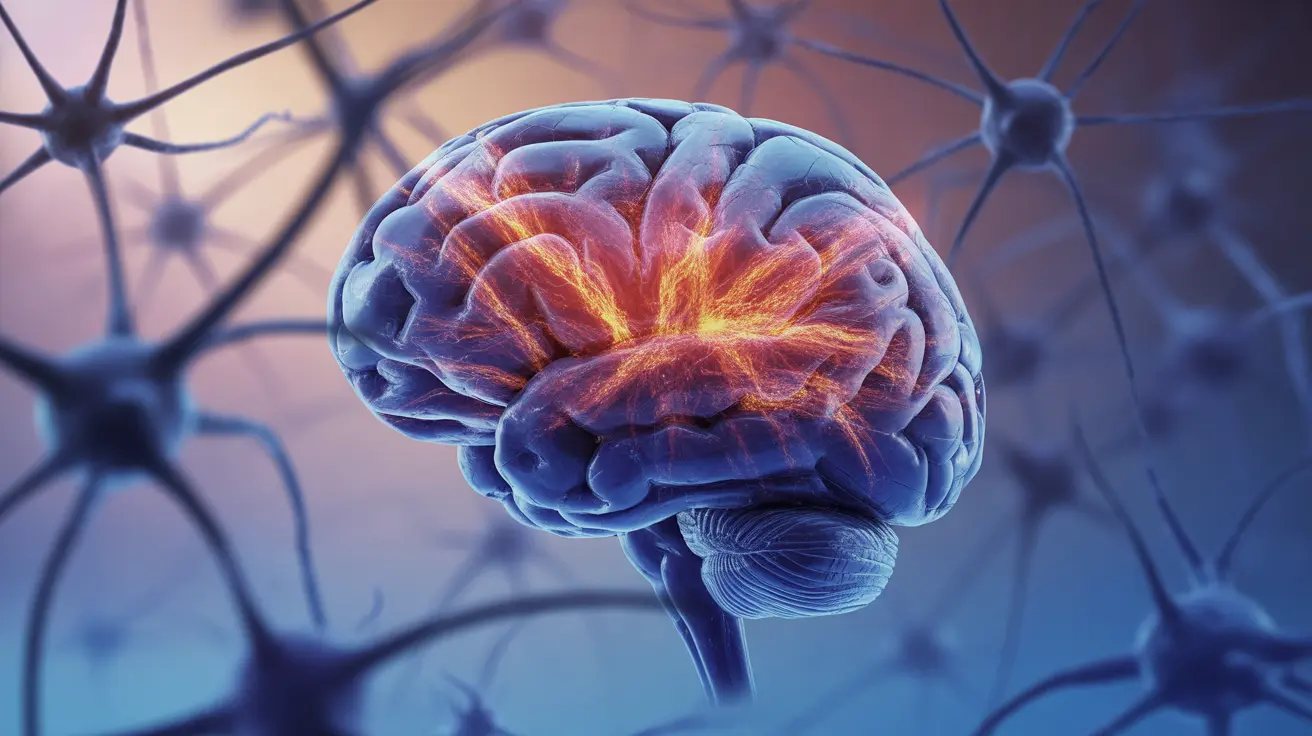Idiopathic epilepsy is a neurological condition characterized by recurrent, unprovoked seizures with no identifiable cause. This form of epilepsy, which typically begins in childhood or adolescence, affects millions of people worldwide and can significantly impact daily life. Understanding its nature, symptoms, and treatment options is crucial for both patients and their caregivers.
While the exact cause remains unknown (hence the term "idiopathic"), genetic factors are believed to play a significant role in its development. Modern medicine has made considerable progress in managing this condition, offering hope and improved quality of life for those affected.
Understanding the Nature of Idiopathic Epilepsy
Idiopathic epilepsy differs from other forms of epilepsy because it occurs without any apparent structural brain abnormalities or other identifiable causes. The condition is believed to have a strong genetic component, with many patients having a family history of seizures. Unlike symptomatic epilepsy, which results from known causes such as brain injury or infection, idiopathic epilepsy develops from internal factors that are not yet fully understood.
Common Symptoms and Manifestations
The symptoms of idiopathic epilepsy can vary significantly among individuals, but typically include:
- Generalized tonic-clonic seizures
- Absence seizures (brief periods of unconsciousness)
- Myoclonic jerks
- Focal seizures with or without impaired awareness
- Automatic behaviors during seizures
These symptoms can significantly impact daily activities, from driving to workplace performance, and may require lifestyle modifications to ensure safety and well-being.
Diagnostic Process and Evaluation
Diagnosing idiopathic epilepsy involves a comprehensive evaluation process that typically includes:
- Detailed medical history review
- Neurological examination
- Electroencephalogram (EEG) testing
- Brain imaging (MRI or CT scan)
- Blood tests to rule out other conditions
The absence of structural abnormalities or other identifiable causes, combined with typical EEG patterns, often leads to an idiopathic epilepsy diagnosis.
Treatment Approaches and Management Strategies
Medication Management
Anti-epileptic drugs (AEDs) are the primary treatment for idiopathic epilepsy. These medications work by stabilizing neural activity and preventing seizures. Common options include:
- Valproic acid
- Lamotrigine
- Levetiracetam
- Carbamazepine
Alternative Treatments
When medications prove insufficient, alternative treatments may be considered:
- Vagus nerve stimulation
- Ketogenic diet
- Cognitive behavioral therapy
- Surgical interventions (in select cases)
Lifestyle Modifications and Support
Managing idiopathic epilepsy often requires comprehensive lifestyle adjustments:
- Regular sleep patterns
- Stress management techniques
- Trigger avoidance
- Dietary modifications
- Regular exercise (with appropriate precautions)
Frequently Asked Questions
What are the main symptoms of idiopathic epilepsy, and how do they affect daily life? The main symptoms include various types of seizures, from brief absence seizures to generalized tonic-clonic seizures. These can affect daily activities such as driving, working, and social interactions, requiring careful management and safety precautions.
How is idiopathic epilepsy diagnosed, and what tests are typically involved? Diagnosis involves a combination of medical history review, neurological examination, EEG testing, and brain imaging. Blood tests may also be performed to rule out other conditions. The diagnosis is typically made when no structural or metabolic cause can be identified.
What are the most effective treatments for managing idiopathic epilepsy, and are there alternative options if medication fails? Anti-epileptic medications are the primary treatment, with various options available. If medications aren't effective, alternative treatments such as vagus nerve stimulation, ketogenic diet, or in some cases, surgery might be considered.
Can lifestyle changes, such as diet or stress management, help reduce the frequency of seizures in idiopathic epilepsy? Yes, lifestyle modifications can significantly impact seizure frequency. Maintaining regular sleep patterns, managing stress, following a balanced diet, and avoiding known triggers can help reduce seizure occurrence.
Is it possible to completely cure idiopathic epilepsy, or is long-term management necessary? While idiopathic epilepsy typically requires long-term management rather than offering a complete cure, many patients achieve good seizure control through appropriate treatment and lifestyle modifications. Some patients may eventually outgrow their seizures, particularly if they developed the condition during childhood.




